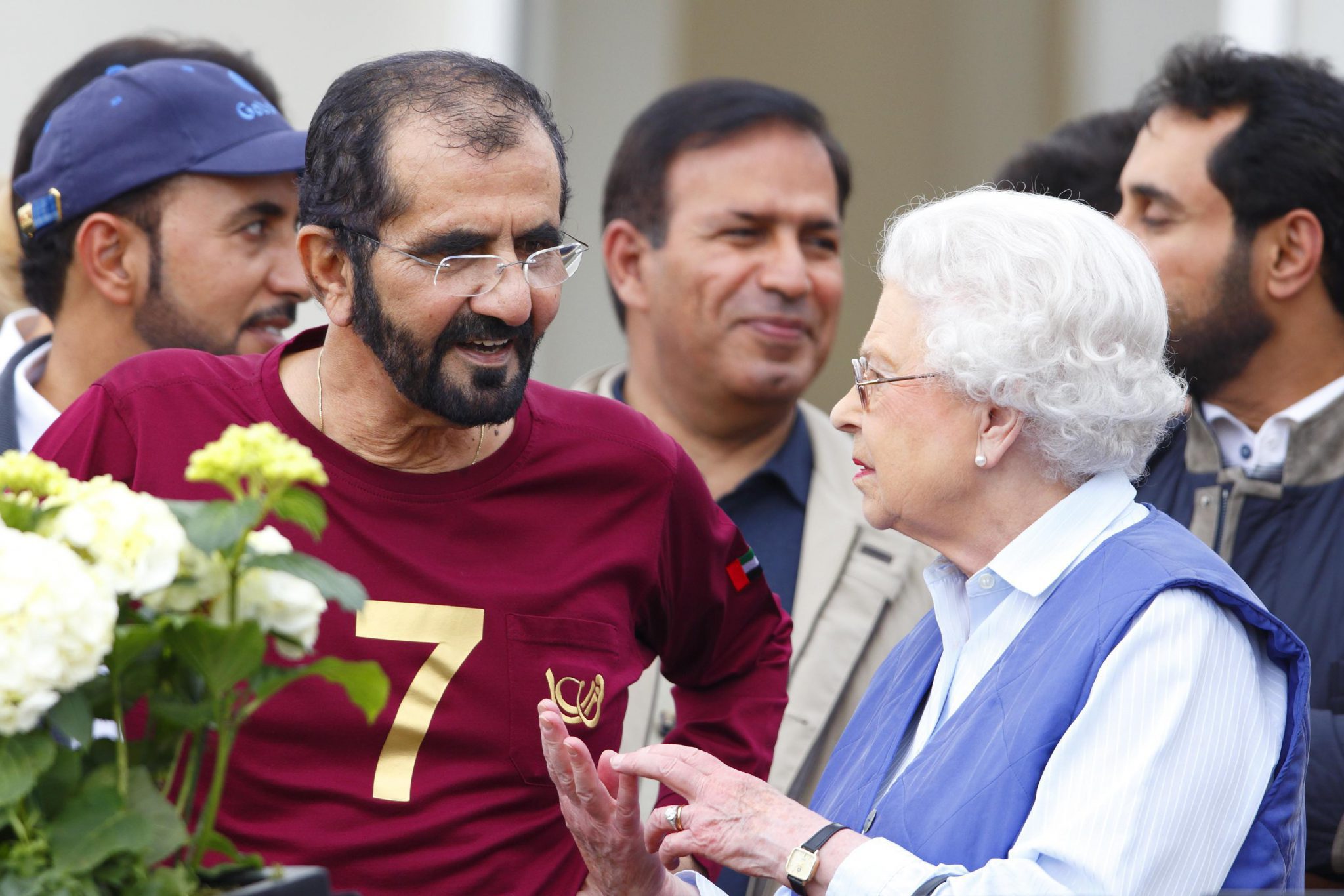Catherine Philp
February 17, 2021, The Times
Last year’s damning British court judgment that Dubai’s billionaire ruler had organised the abductions of two of his daughters not only threatened ructions in relations with the UAE, it raised still-unanswered questions about whether Britain sacrificed human rights to protect an ally.
The finding that Sheikh Mohammed bin Rashid al-Maktoum had probably breached English and international law by abducting the daughters also raised questions over whether British police were prevented from investigating the disappearance of the younger woman, Princess Shamsa.
Sir Andrew McFarlane, president of the family division of the High Court in England and Wales, was unable to determine whether the Foreign Office blocked the investigation of Shamsa’s abduction from Cambridge in 2000 because the Foreign Office refused to co-operate with the court on grounds of protecting British interests.
The affair was considered especially embarrassing given the close personal relationship between the sheikh and the Queen.
The Queen enjoys good relationships with many of the Gulf royals. Her particular friendship with Sheikh Mohammed was forged through their mutual love of horse racing; he is the founder of the Godolphin racing stables and has regularly joined the Queen in the Royal Box at Ascot.
After the judgment, The Times reported that she would in future avoid being photographed alongside the sheikh.
His image as a gentle horse lover has persisted despite allegations that might have had him banished from court were he an errant cousin. For many years, he pursued his private life in the manner of most Gulf leaders — almost invisibly to the outside world.
Sheikh Mohammed had an arranged marriage to a distant cousin, with whom he had 12 children. Sheikha Hind bint Maktoum al-Maktoum has never been seen in public, and is said to be estranged, spending most of her time on the family estate, Longcross, in Surrey.
He also had relationships with other women, whom he kept in separate villas in Dubai, from which he has a further 10 or 11 children, including Latifa and Shamsa.
After Latifa’s recapture, or “rescue”, as her father said, the claims against him would have rested only on her word. However, her stepmother, Princess Haya, the sheikh’s second publicly acknowledged wife, testified in custody hearings for their children that she knew the truth of Latifa’s story.
The once private ruler now has his most intimate details spread across the world’s media. He had already cast caution to the winds, publishing angry love poems directed at Haya online when she left him.
However, his relationship with Britain is political and economic, not just personal. Sheikh Mohammed is responsible for transforming Dubai, one of seven emirates in the UAE, into a hub for tourism and business, anticipating the dwindling of its oil reserves. Tourism contributes 20 per cent of Dubai’s gross national product and British tourists are the third most numerous after Indians and Saudi Arabians.
Detained In Dubai, a London-based organisation that has advocated for Latifa, has also assisted in cases of British tourists imprisoned on morality charges.
Along with Saudi Arabia, the UAE is a lucrative destination for British-made weapons.
The UAE and Saudi Arabia’s involvement in the Yemen conflict brought unwelcome scrutiny to the British weapons trade. Despite that, the Gulf was targeted as a key market for the expansion of trade in the post-Brexit era and as a lucrative source of foreign investment in Britain.
The UAE is also regarded as a key intelligence partner in the region. That did not do much to help the British academic Matthew Hedges when he was arrested in Dubai on bogus spying charges. He spent six months in jail where he alleges he was tortured. He was sentenced to life imprisonment before eventually being pardoned.
Last year Human Rights Watch accused the UAE of “presenting itself as an open and rights-respecting country” despite “mounting allegations of serious abuses”.
Sheikh Mohammed’s local allies and, no doubt, his “friends” in the UK hope that the next generation of leaders will restore the family’s reputation.
That may not be the case. The sheikh’s eldest son, Rashid, was notorious for a drug problem and a foul temper and died in 2015 of causes that were never made public.
The crown prince, Sheikh Hamdan, an LSE graduate, is the young, handsome face of Dubai. He will not, though, be a “bicycling monarch”. He has a pet white tiger, with which he has regularly posed on social media.
The British government has never publicly commented on the judgment against Sheikh Mohammed. The sheikh has repeatedly denied the allegations and condemned the court for invasion of privacy.
